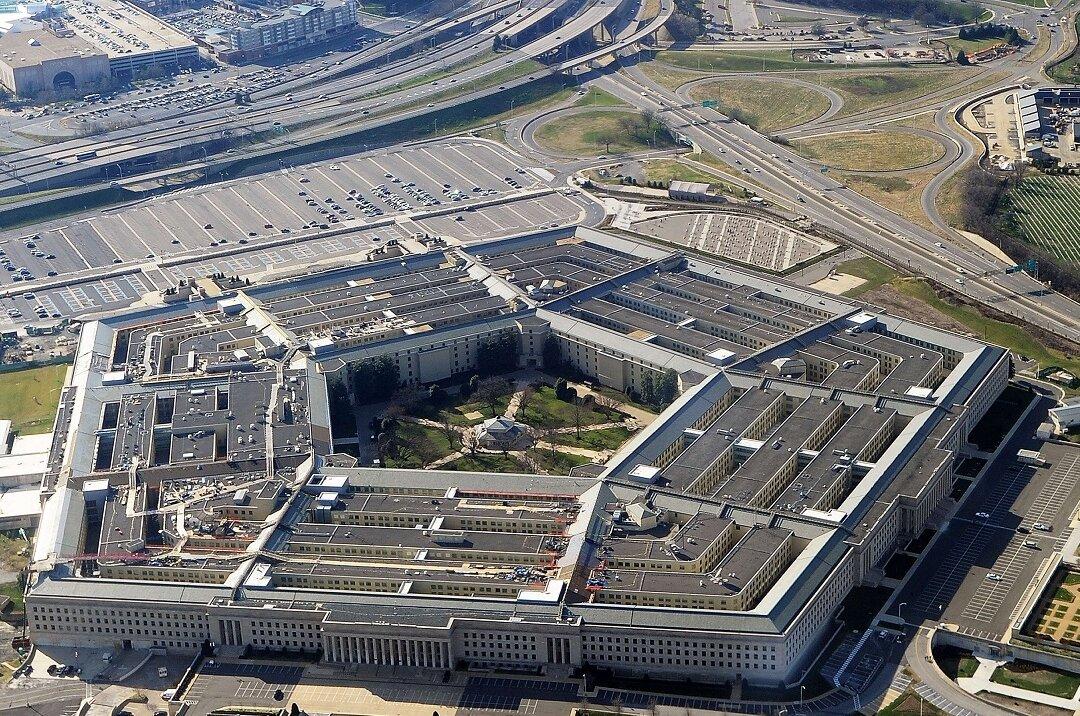The Department of Defense late Friday ordered service members, civilian employees, and their family members to stop traveling domestically until May 11.
The new travel restrictions goes into effect on March 16.


The Department of Defense late Friday ordered service members, civilian employees, and their family members to stop traveling domestically until May 11.
The new travel restrictions goes into effect on March 16.